"I confess, without shame, that I am sick and tired of fighting — its glory is all moonshine; even success the most brilliant is over dead and mangled bodies, with the anguish and lamentations of distant families, appealing to me for sons, husbands, and fathers ... it is only those who have never heard a shot, never heard the shriek and groans of the wounded and lacerated ... that cry aloud for more blood, more vengeance, more desolation."
-William Tecumseh Sherman
Throughout American history, we revisit the lamentations and pain of war. No matter how much pride we had in our military or how boisterous we had become, when our soldiers met the pain and trauma of bullets and death, and parents claimed their children in body bags, the cry for war was lulled.
Thanks to drones, the paradigm of war has shifted across the United States––and around the globe. This deadly apparatus has almost eliminated the pain, trauma and body bags we associate with war. Drones have acted as white noise against the cacophony of war.
Historically, there has always been a correlation between the length of U.S. wars, the body count associated with those wars, and the citizens’ tolerance of the impact of war; these have resulted in conflicts that average about four years in length. That is why, historically speaking, although wartime presidents have always enjoyed great popularity, they seldom turned to war as a first resort. Until now.

Drones have allowed our last three presidents to minimize body bags, asking U.S. citizens to endure very little hardship associated directly with our wars, and spurring America into international policies that put military action on the front burner, rather than an action of last resort. The result has been that over the last 17 years, drones have allowed the U.S. to remain in a constant state of war. Since September 11th, America has conducted war on no less than nine fronts. With that said, the dominance and safety the U.S. has enjoyed thanks to drones may be at an impasse.
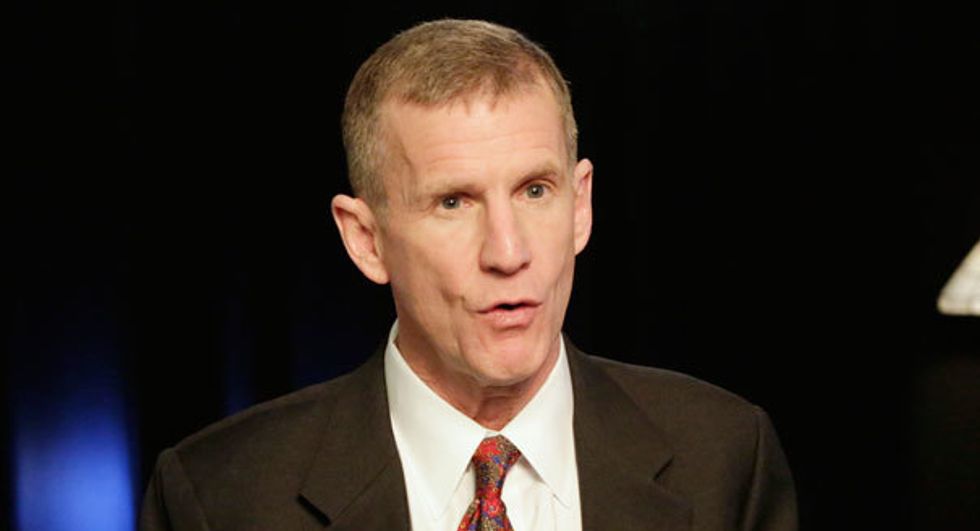
According to White House reports, during Obama’s tenure in office, U.S. drone strikes were responsible for between 2,867 to 3,031 deaths. However, that number reflects only one-fifth of all drone deaths, which puts the actual death toll at around 14,335 to 15,155. With President Donald Trump's accelerated use of drones (in his first year he used four times as many drones as Obama), it is not unreasonable to expect that the United States will add between 65,000 to 75,000 lives to the body count over the next few years. To put the magnitude of these deaths into perspective, the U.S. lost 90,220 soldiers in Vietnam, and it can be estimated that if they continue drone attacks at their current rate, the U.S. will be responsible for 90,155 deaths.
The fact that strikes are conducted without a declaration of war puts our last three presidents in the peculiar position of having violated the War Powers Resolution Act, an act put in place as a safeguard to check a sitting president's ability to commit the U.S. to armed conflict without Congress's agreement and, by definition, makes each of them war criminals.
The United Nations have clearly outlined what constitutes a crime against humanity and, based on published and verified reports alone, it can be argued that George W. Bush, Barack Obama, and Donald Trump could all be brought up on charges.
One example of actions that could be seen as a crime would be the attack on the village of Kashmir. In 2012, Salem bin Ali Jaber and Waleed bin Ali Jaber were both killed during a hellfire attack in Kashmir, a village of about 15,000 people. The attack was an attempt to kill three terrorists.
According to the articles laid during the Geneva Conventions of 1949, the United States have violated Article 8, Section 2. A iii and B IV in their pursuit of terrorists in this instance. The articles state that the following are war crimes. The convention established many rules of war and engagement and the U.S. have violated at least the following two in the instance of the Kashmiri strike:
- Wilfully causing great suffering, or serious injury to body or health
and
- Intentionally launching an attack in the knowledge that such attack will cause incidental loss of life or injury to civilians or damage to civilian objects or widespread, long-term and severe damage to the natural environment which would be clearly excessive in relation to the concrete and direct overall military advantage anticipated.
The Kashmir attack was neither unique or an isolated event. With all of the carnage that the United States has been responsible for, it is scary to think that the hubris of power may result in the U.S. being the target of drone attacks in the near future, now that the cost to them is low and tools for building them are easily acquired.
FBI Director Christopher Wray made this point clear during his testimony before Congress:
[embed][/embed]
You do not need to be a religious person to appreciate the idea of loving and protecting thy neighbor. You protect them because neighbors at war will never know rest and run the risk of robbing their children piece.
“'You shall not take vengeance, nor bear any grudge against the sons of your people, but you shall love your neighbor as yourself; I am the LORD.” Leviticus 19:18



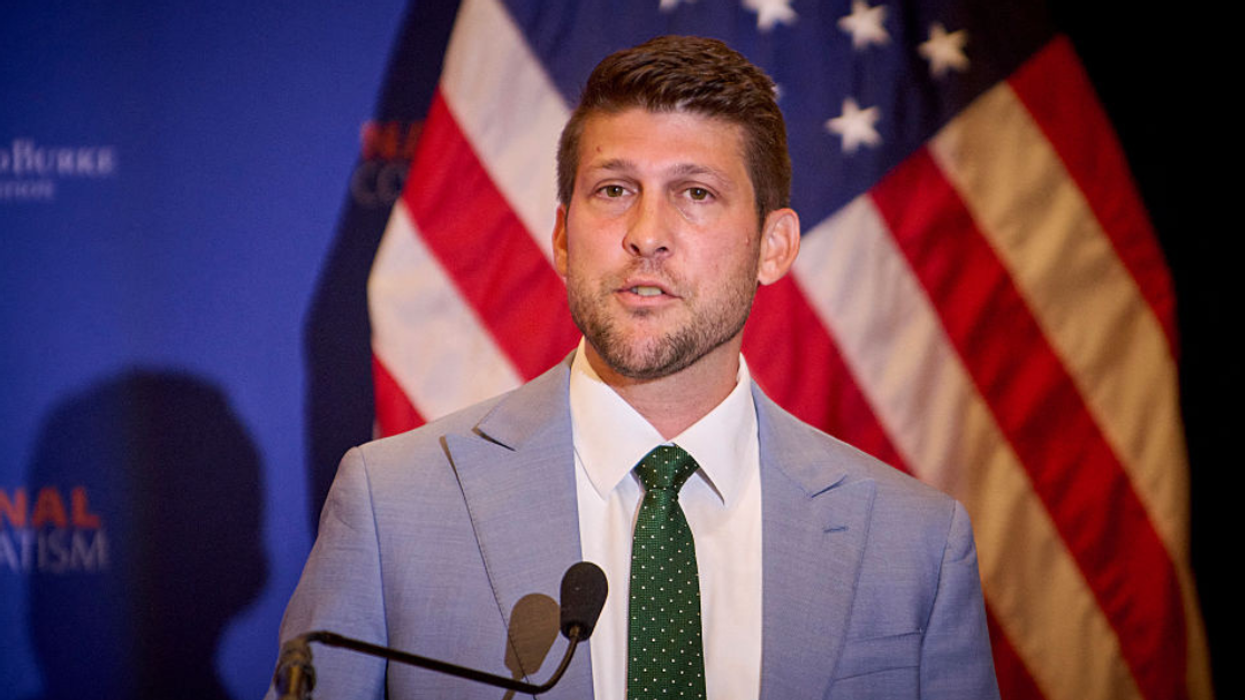
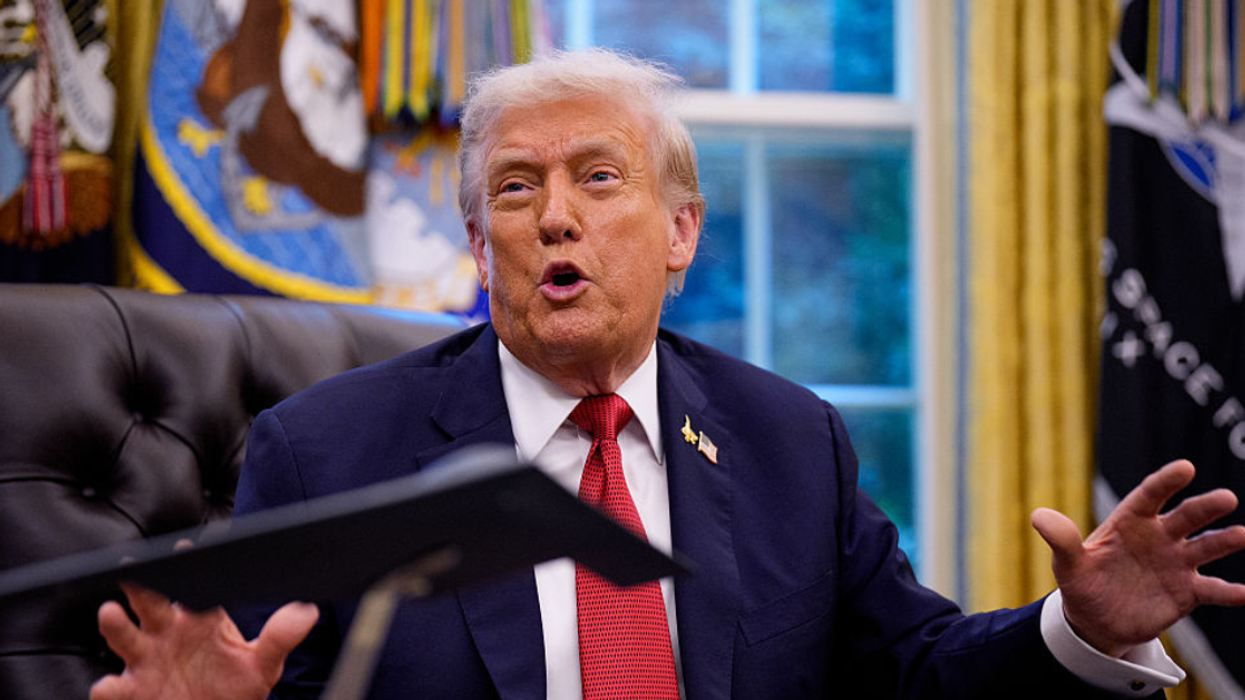
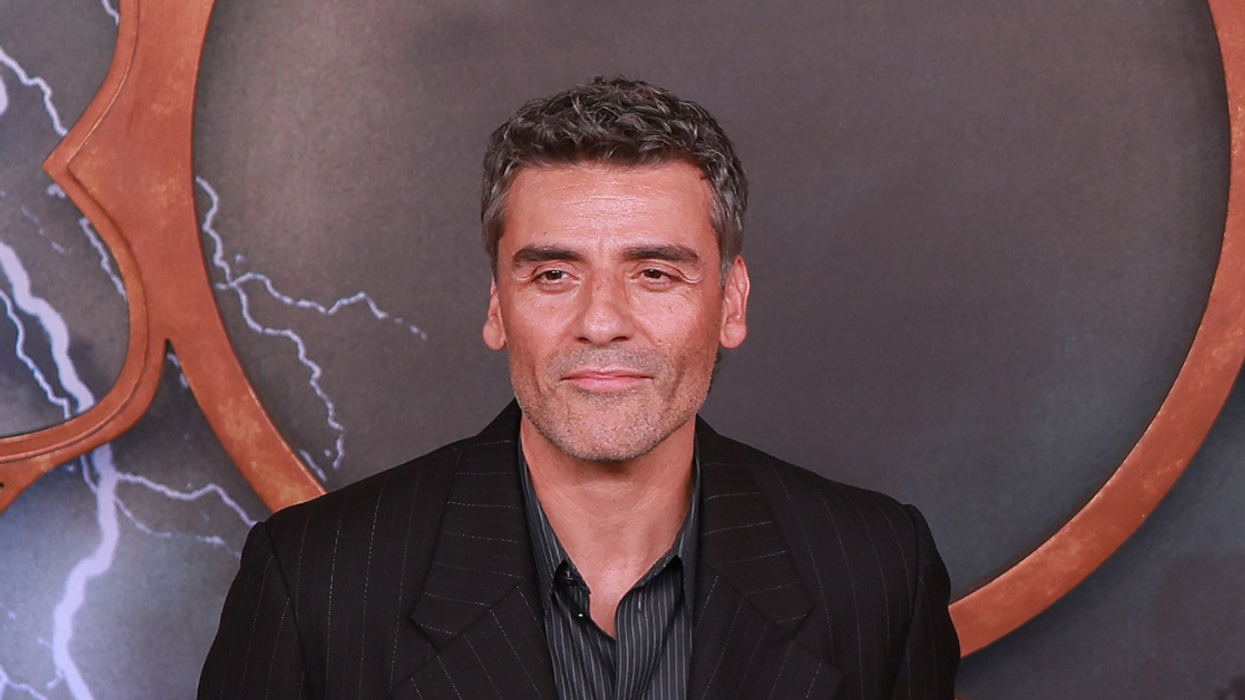

















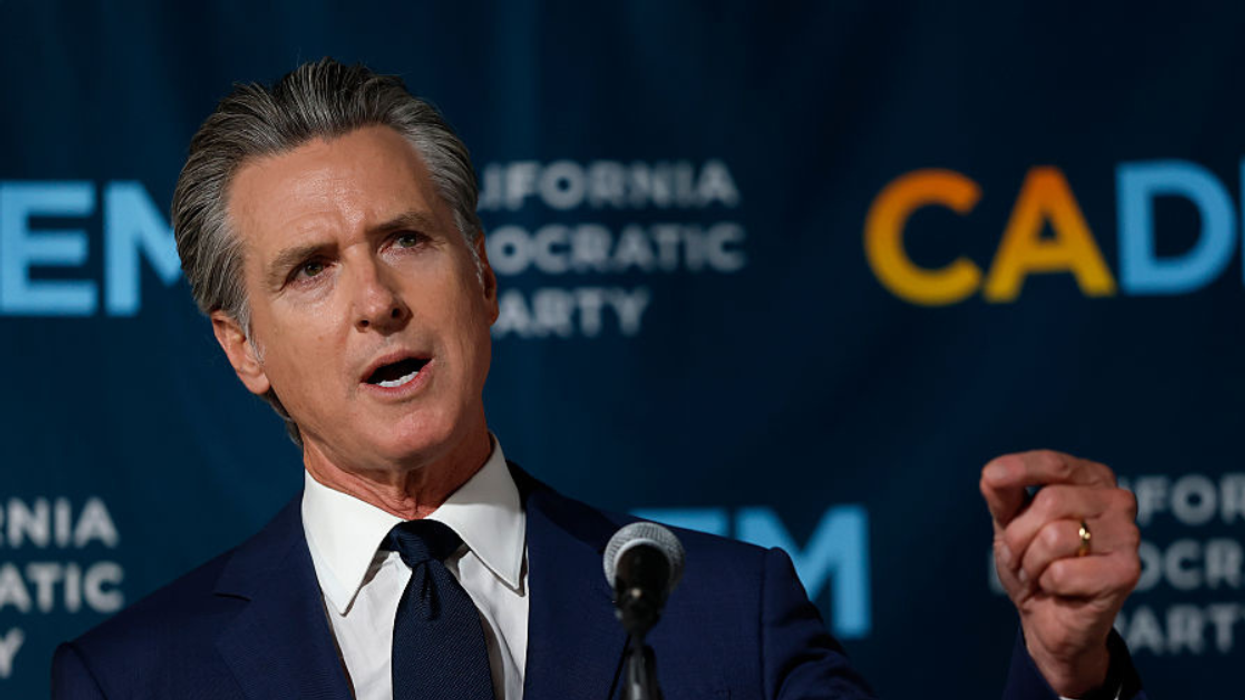

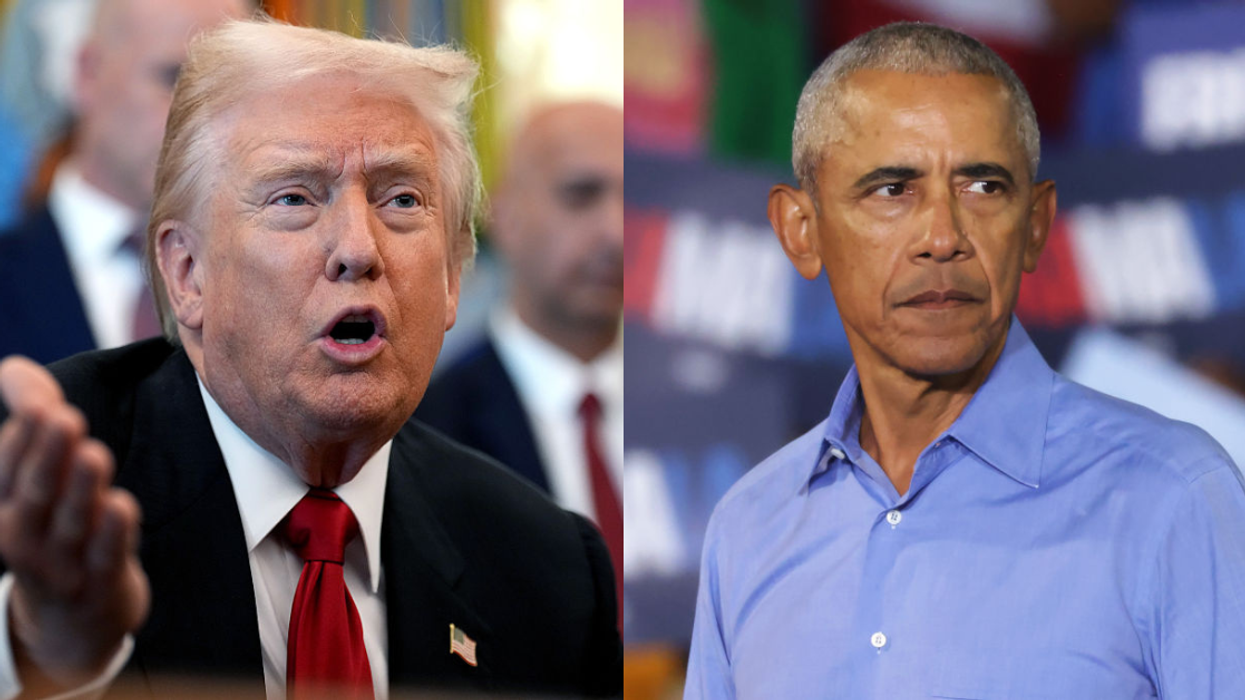

 @realDonaldTrump/Truth Social
@realDonaldTrump/Truth Social Dunning-Kruger Times
Dunning-Kruger Times